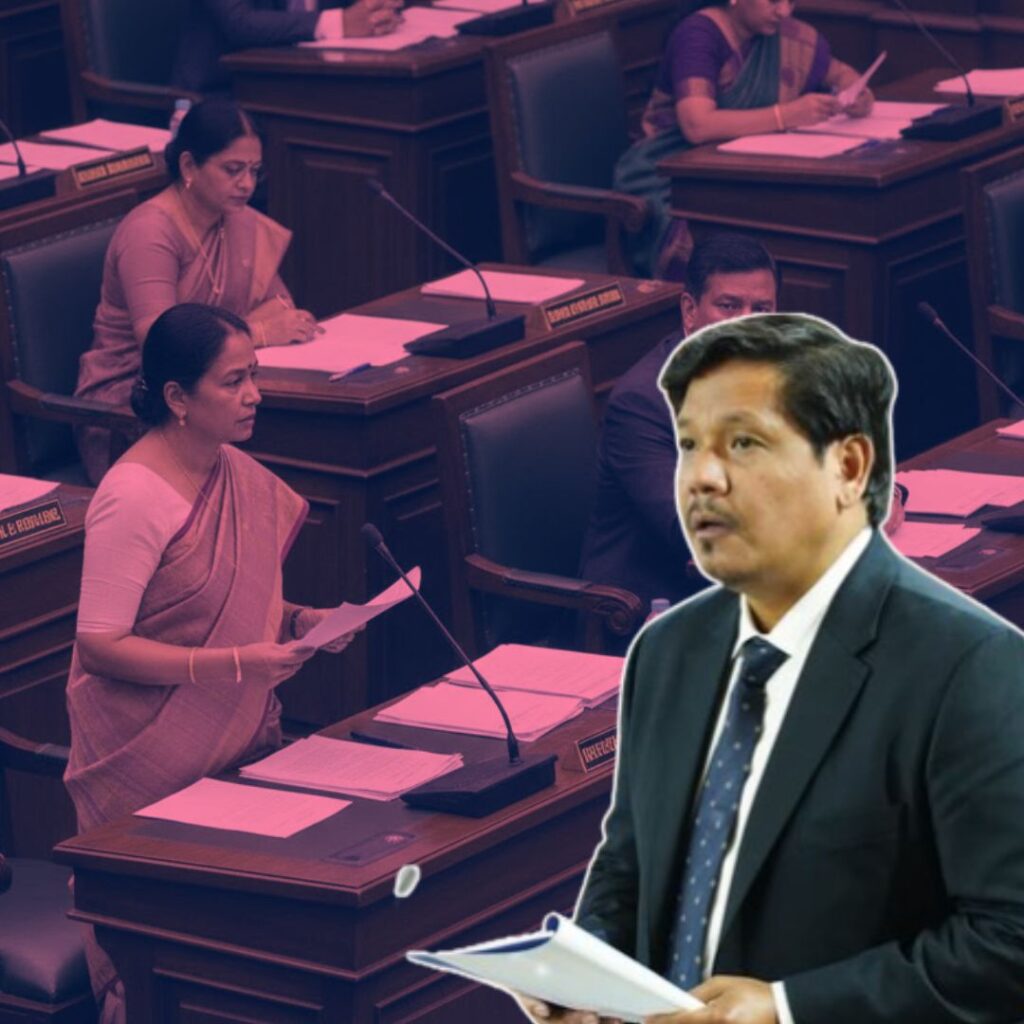The World Health Organization (WHO) has officially recognised India’s groundbreaking efforts in merging Artificial Intelligence (AI) with traditional medical systems under Ayush, which include Ayurveda, Siddha, Unani, Sowa Rigpa, and Homoeopathy.
Featured in WHO’s first-ever technical brief titled “Mapping the Application of Artificial Intelligence in Traditional Medicine,” India’s AI-driven innovations span a wide spectrum—from advanced diagnostic aids and the cutting-edge Ayurgenomics project to robust digital ecosystems encompassing platforms such as SAHI, NAMASTE, and the Ayush Research Portal.
Union Minister of State for Ayush, Prataprao Jadhav, and Ayush Secretary Vaidya Rajesh Kotecha welcomed this accolade, emphasising the nation’s dedication to preserving ancient wisdom while leveraging technology for personalised, evidence-based healthcare, global integration, and economic growth.
India’s Trailblazing AI-Enhanced Traditional Medicine Innovations
India leads the global landscape by fusing time-honoured diagnostic practices—like pulse reading, tongue examination, and Prakriti (body constitution) assessment—with machine learning algorithms and deep neural networks. This fusion enhances accuracy, enabling tailored preventive care and treatment plans.
A marquee project in this domain is Ayurgenomics, which uniquely integrates the Ayurvedic concept of individual constitution with genomics through AI analytics to identify genetic markers for diseases and customise health recommendations.
The Traditional Knowledge Digital Library (TKDL), another standout initiative endorsed by WHO, utilises AI-powered semantic tools to catalogue and protect indigenous medical literature, preventing misuse and biopiracy while making ancient wisdom more accessible. Minister Jadhav remarked, “Through platforms like SAHI, NAMASTE, and the Ayush Research Portal, India is pioneering a visionary path where technology safeguards our heritage and shapes personalised, evidence-based health outcomes.”
Robust Digital Infrastructure and Economic Contributions
At the heart of these advancements is the Ayush Grid, a cutting-edge digital health infrastructure launched in 2018 that supports citizen-focused applications, enabling online consultations and enhancing digital literacy among traditional practitioners. WHO’s brief also highlights India’s use of AI in drug action pathway discovery, comparative research across various traditional medicine systems, and the invention of artificial chemical sensors that evaluate classical pharmacological attributes such as Rasa, Guna, and Virya, thereby modernising formulation assessments.
The Ayush industry’s economic footprint is substantial, valued at approximately USD 43.4 billion, marking it as a key contributor to India’s inclusive growth. Ayush Secretary Rajesh Kotecha noted, “India’s AI-powered innovations, from Prakriti-based predictive diagnostics to Ayurgenomics, are not only fostering the validation of our traditional knowledge but also shaping its global impact.” These developments resonate with Prime Minister Narendra Modi’s vision of employing AI to propel social development and equitable healthcare.
The Logical Indian’s Perspective
WHO’s endorsement of India’s AI-traditional medicine integration demonstrates a significant stride towards harmonising cultural heritage, scientific advancement, and equitable healthcare.
At The Logical Indian, we regard this synergy as a beacon of empathetic innovation—respecting diverse epistemologies while fostering accessible, personalised health solutions. This model affirms how technology can revitalise traditional wisdom to meet contemporary medical needs without eroding cultural identity.
A proud moment as AI in Ayush systems is featured in WHO’s global report, recognized for its pioneering use of Artificial Intelligence (AI) in traditional medicine.
— Ministry of Ayush (@moayush) July 21, 2025
This milestone marks the convergence of traditional medicine with modern innovation, positioning India as a global… pic.twitter.com/8Uw3trfC2u











